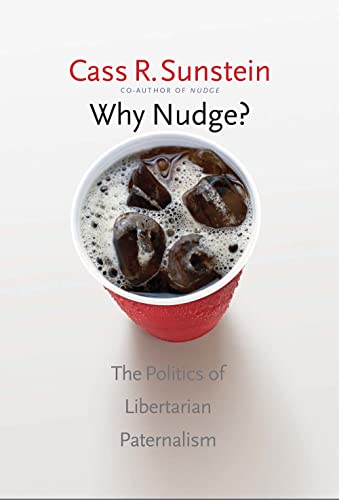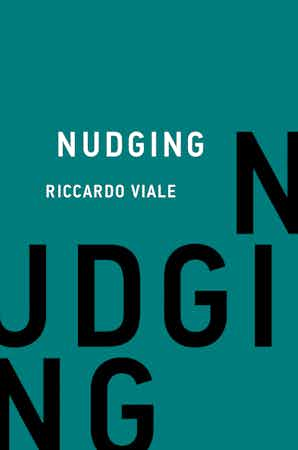A Framework for the Responsible Use of the Nudge Approach to Behaviour Change in Public Policy
When thinking on health behaviour change, the nudging approach is the trending topic. Let's remember the origins:
The contribution of Thaler and Sunstein’s Nudge, however, is not that of conveying novel scientific insights or results about previously unknown biases and heuristics (something that Thaler has championed in his academic publications. Instead, it is the notion of “nudge” itself, and the suggestion of this as a viable approach in public policy-making to influence citizens’ behaviour while avoiding the problems and pitfalls of traditional regulatory approaches.A recent article explains details about two types of nudging:
Type 1 nudges and type 2 nudges. Both types of nudges aim at influencing automatic modes of thinking. But while type 2 nudges are aimed at influencing the attention and premises of – and hence the behaviour anchored in – reflective thinking (i.e. choices), via influencing the automatic system, type 1 nudges are aimed at influencing the behaviour maintained by automatic thinking, or consequences thereof without involving reflective thinking.And both can be transparent or non-transparent. An example of a transparent type 1 nudge is one used by the Danish National Railway agency. Speakers in city trains are used to announce “on time” when trains arrive on time. This nudge has been devised in order to get people to easily remember not just the negative, for example, when a train is delayed, but also the positive, when trains are on time. Non-transparent is closely related to manipulation of behavior and choice.
The authors conclude:
The characterization of nudging as the manipulation of choice is too simplistic. Both classical economic theory and behavioural economics describe behaviour as always resulting from choices, but the psychological dual process theory that underpins behavioural economics, used by Thaler and Sunstein, distinguishes between automatic behaviours, and reflective choices. Nudging always influences the former, but it only sometimes affects the latter. The conceptual implication of this is that nudging only sometimes targets choices.That's a good point. More details inside the article.
PS Understanding the differences between: Clinical Categorical vs. Regression Based patient classification systems.
PS. Waste vs. value by U. Reinhardt. Must read.


.jpg?itok=wQHWZH40)
